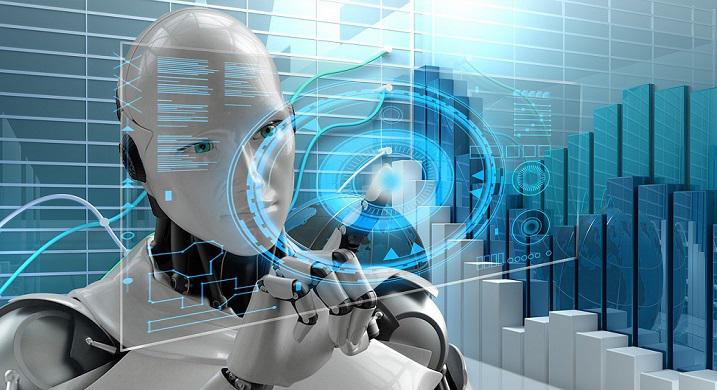It is now generally agreed that Artificial Intelligence is a more important discovery than fire, electricity and the internet. In this brief article, I shall begin by mapping out the essential ways in which Artificial Intelligence has informed and is transforming modern warfare.
***
Prior to the introduction of Artificial Intelligence to modern armies, soldiers were obliged to adapt themselves to battlefield technology. One of the main shifts in modern warfare informed by Artificial Intelligence, is to reverse the equation, and to ensure that Artificial Intelligence enhances the modern soldier’s capability to perform rather than hinder him.
The main purpose of Artificial Intelligence (hereafter referred to as AI), is to ensure that the soldier is put at less risk than in prior warfare scenarios.
AI in modern warfare is multi-platform, involving air, sea, land, space and cyber capabilities. The end-goal is decision-making capacity on the battlefield
The military speaks in terms of survival. There exists in fact a dire arms-race between dominant military powers to swiftly accelerate advances in AI and machine learning. The world is threatened by a language-form which is specifically military in orientation. Recent conflicts, especially in Ukraine, has seen the implementation of AI-driven weapons, like drones and other autonomous systems and technologies, to inflict devastating damage at long ranges.
In this article, I will not go any further into the technological aspects of AI capacity on the battlefield. The information involved is diverse and complex, and almost certainly of little interest to the lay reader. What I have done is point out the essential aspects as to how AI is being developed with regards to the modern soldier. What I should like to do now is explore the dangers of AI on the battlefield, and how these dangers can be mitigated, on technological, agency-oriented, and ethical levels.
***
The important question we must pose is, are human beings naturally inclined to warfare, and is the adaptation of AI to modern warfare just one more step in a long history of slaughter?
On a technological level, there can be no doubt that AI has revolutionised modern society, and indeed the military is working in close relation with the commercial sector to develop software and gaming programmes that will be effective on the battlefield. AI is a dominant and omnipresent technology.
But how does AI mesh with human-agency. In the military, it is agreed, certainly amongst Western Powers and almost certainly also by their adversaries, that human agency must and should take precedence over autonomous weapons systems. Which is to say that, no matter how intelligent AI systems become, there should always be a human agent guiding their use. Imagine a scenario in which an AI-based system had to make the decision as to whether to start a nuclear war based on perceived threats. The result could be disastrous if the AI-based system made a miscalculation. Hence the need for a human agent to monitor and direct AI-capacities.
***
Let us now turn our attention to the ethical dimensions of warfare, and the use of AI-technology in warfare.
Looking back over history, and the propensity of warfare, it would indeed seem that human beings are inclined to wage war. Indeed, we have now reached a critical stage in warfare where we have within our means the capacity to completely annihilate the human species, through nuclear or biological war, to name only the two most likely possibilities. Why is this so?
Philosophers and scientists disagree on the answer. Some argue that the human species is inherently genocidal, in which case AI would be merely the latest stage towards an extinction-event. Others argue that we are basically benevolent beings, but that structural, social, technological, and economic factors have driven us towards incessant and murderous conflict.
AI-technology is being used in the commercial sector to do much good, especially in medicine, and is closely allied with the lofty aspirations of the transhumanist movement. But, given the belligerent attitude of major social and political forces on the planet, AI is increasingly being hi-jacked by the military in conflicts which dangerously threaten to spiral out of control.
***
It is up to humanity to define its destiny. Artificial Intelligence will almost certainly play an important role in this process, and one can only hope that, in the end, we make the right choices for peace and survival, no matter how sophisticated our AI-defined armies may become.

